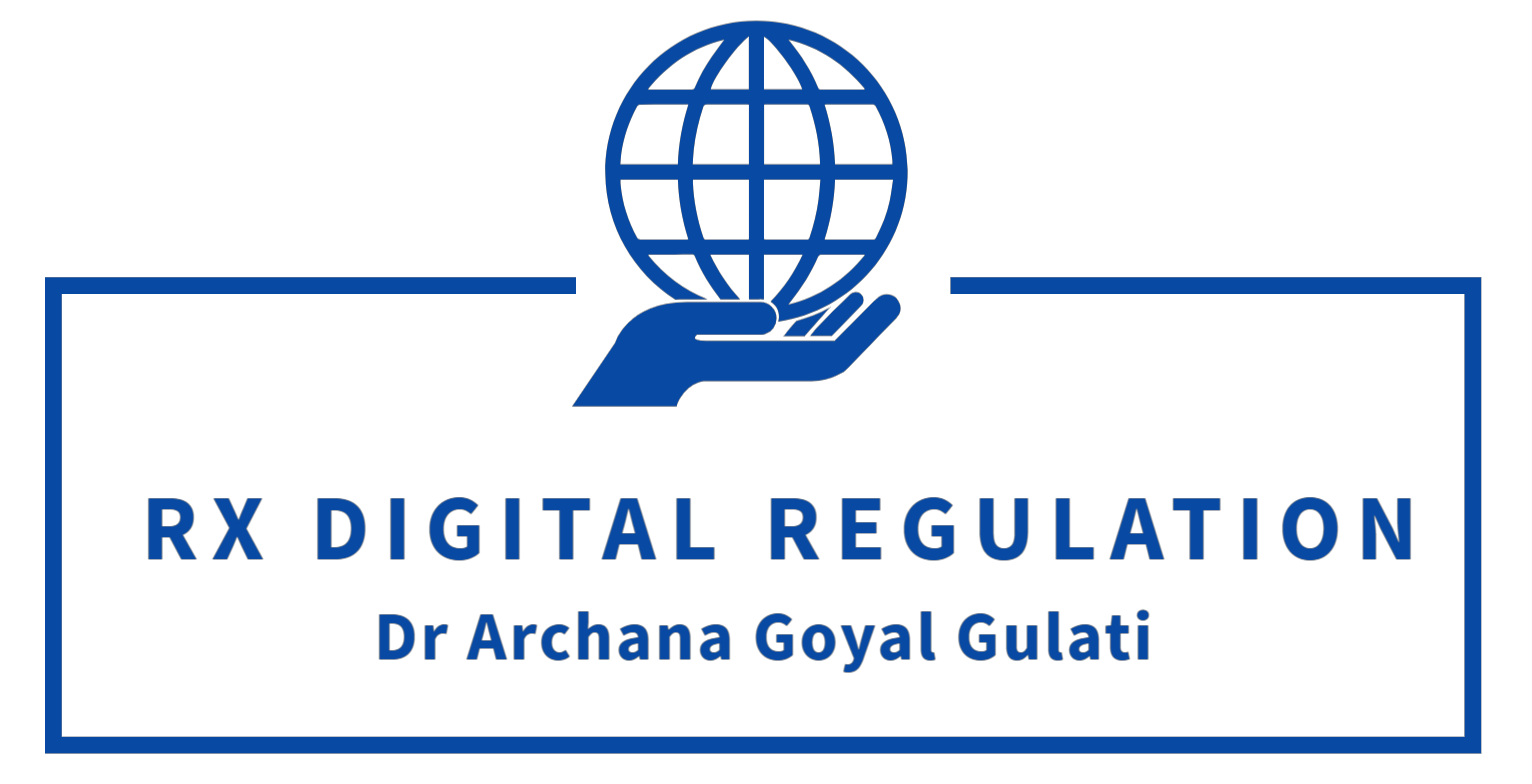
Why Wait for Regulation? Digital Markets Need New Business Models

Why wait for regulation? While mavericks will play their part, Tech. Giants could lead the way with new, consumer-friendly business models.
An important aspect of merger control, especially relevant in digital markets, is protecting mavericks or disruptive challengers from killer acquisitions that can stifle the full impact of their innovation potential. One can understand that dominant players would not appreciate being compelled by such disruptors to reconsider their present customer offering (services, goods, business models, etc.) when they are getting complacently comfortable. Much has been written about the number of such killer acquisitions by Tech Giants, and many jurisdictions, including India, have changed their competition laws to prevent such competition-unfriendly acquisitions from slipping below the regulatory radar. India has introduced a transaction/deal value threshold in its laws to curb this menace with an eye on digital markets. Germany was perhaps the first jurisdiction to make this change.
Laws and regulations can certainly compel firms to mend their ways. However, it would be good if global giants reinvent themselves and their business models. Easier said than done, but not impossible. In this context, reading “It Could Pay to Pay to Tweet” in today’s Economic Times was interesting and insightful. Describing Twitter turned X’s latest move towards a subscription-based model that promises more privacy and authenticity, the article states that,
“..if Musk is successful in establishing a fee-based business model, it could reinvent the future for smaller and local microblogging platforms, like Koo and Mastdon, that cannot compete based on advertising potential.’‘
Consumers are ironically not always served better when digital services are ostensibly free. They pay in different, far more harmful ways. This article also highlights the benefits of market solutions rather than regulation as the best way to protect consumers. It may take some convincing, but it’s not too late for the Tech. Giants to make a giant course correction and introduce consumer-friendly business models. I believe genuine consumer protection is the only way to succeed in the long run.
If you want to learn from first-hand interaction with regulators, policymakers and key stakeholders in the digital regulation life cycle, you are welcome to join me and my team of international practitioner instructors in the upcoming Course on digital regulation under the ‘Walk in My Shoes- In Conversation with Key Stakeholders’ series of courses.

